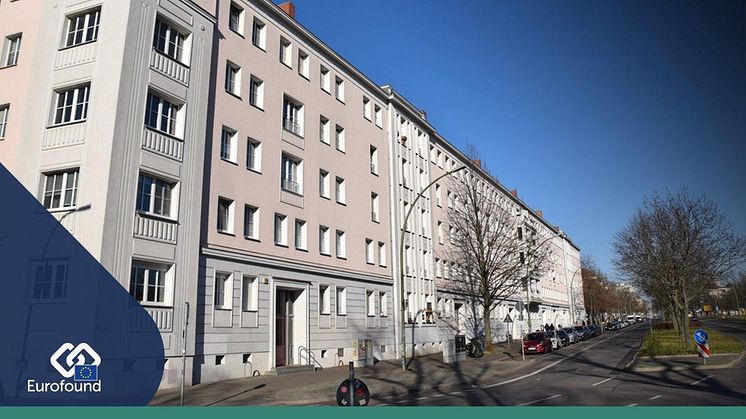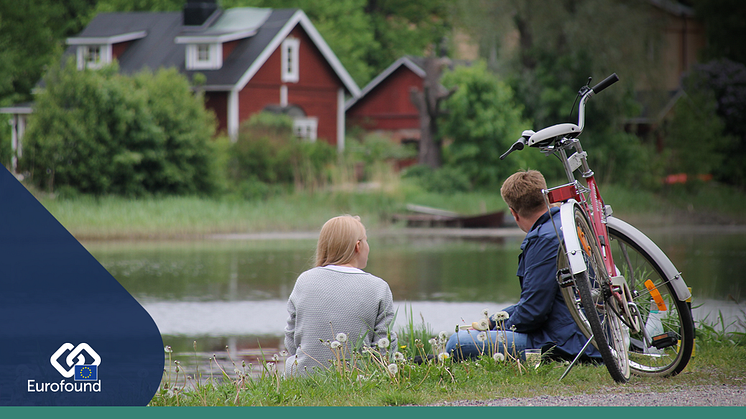
News -
Economic progress in Hungary concentrated in the capital, regional disparities growing
Hungary has recorded a remarkable improvement in the level of labour market participation over the last decade and unemployment rates have fallen to some of the lowest levels in the EU. At the same time, life satisfaction in Hungary has increased from 5.9 in 2003 to 6.5 in 2016 (on a scale of 1-10) and the share of population struggling to make ends meet has been on a downward trajectory. However, research shows that this positive economic progress has not been shared equally, with growth concentrated in the capital and regional disparities increasing as a result.
Eurofound’s research on convergence in employment and socioeconomic factors shows that Hungary has recorded a significant improvement in employment rates, catching up quickly with the EU average, to reach 71.9% labour market participation. At the same time, unemployment rates decreased for all categories between 2012 and 2018 to reach a record low level of 3.4% in 2020. Although the record low unemployment rates have led to a tightening of the labour market and resulting wage growth, Eurofound’s research identifies that Hungary’s employment growth has been strongest in the share of low wage jobs.
Positive economic developments have taken place alongside improvements to perceived quality of life and public services. The European Quality of Life Survey data show that childcare services, public transport and long term care services have all surpassed their respective EU averages, with childcare now the top ranking public service in Hungary increasing from 5.7 in 2007 to 7.1 in 2016 – above the EU average of 6.7 in 2016. Additionally, the share of population struggling to make ends meet has dropped from 76% in 2011 to 61% in 2016 – however the level is still considerably above the EU average of 39% in 2016. Furthermore, income inequality has been increasing with the share of income of the top 20% climbing from 3.4 times that of the bottom 20% in 2010 to 4.3 times in 2017.
Although there have been many positive developments in recent years, large regional disparities persist in Hungary. Eurofound’s analysis shows that the capital has seen higher income growth rates, while on the other hand, regional areas in Hungary further experience deterioration in their relative position, with degrading infrastructure and depopulation becoming major challenges. Moreover, Eurofound’s research on capital cities found that Budapest has the longest average daily commuting time in the EU at 69 minutes, which is above the daily average of 44 minutes for the rest of the country. While the report also found that there was greater housing insecurity in the capital when compared to the rest of the country – however the level is moderate when compared to EU averages. Despite these factors, the report concludes that life satisfaction is significantly higher in the capital in comparison to the rest of the country – which is a general trend observed in many other EU countries.
Overall, Hungary has experienced considerable economic progress in recent years which has taken place alongside marked improvements to quality of life and the perceived quality of public services. However, research shows that the benefits of growth have not been equally distributed; as the level of income inequality is increasing and regional disparities are growing leading to a myriad of consequences for both the capital and regional areas alike.
Eurofound has been monitoring and reporting on living and working conditions in Hungary, in comparison to other EU Member States, since before accession to the EU in 2004.
Read more:
Publication: Upward convergence in employment and socioeconomic factors
Publication: European Jobs Monitor 2019: Shifts in the employment structure at regional level
Policy brief: What makes capital cities the best places to live?
Country profile: Living and working conditions in Hungary






